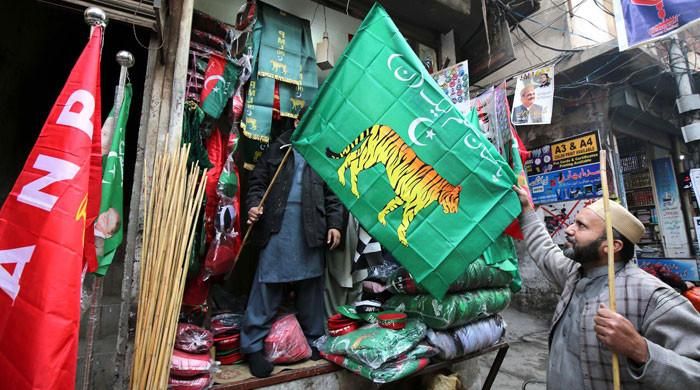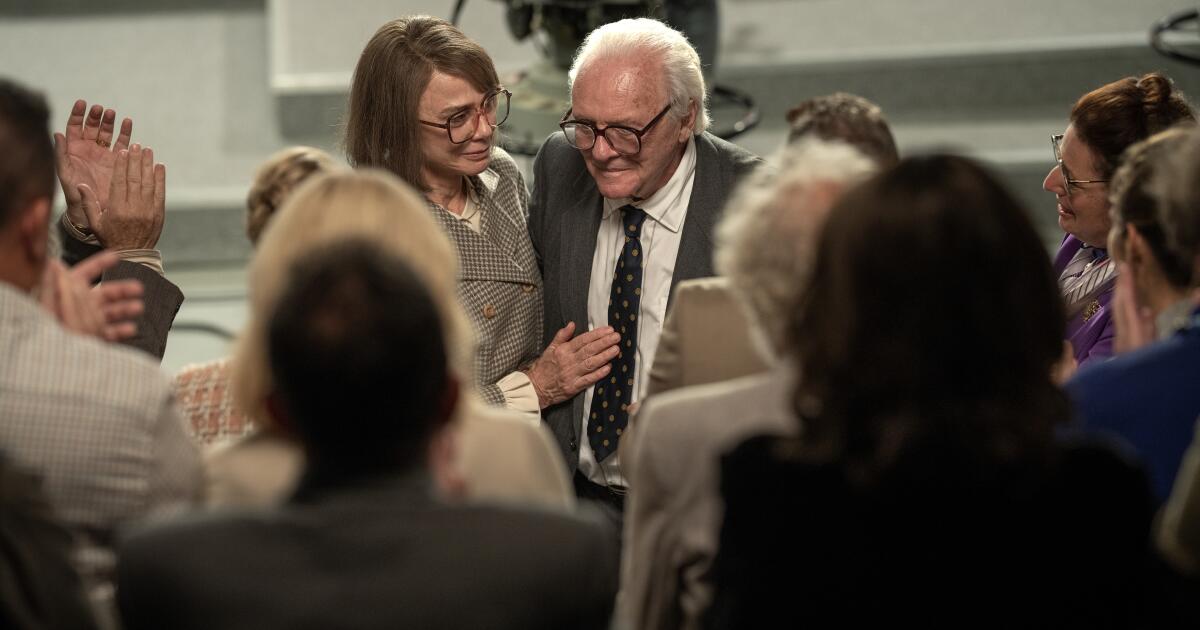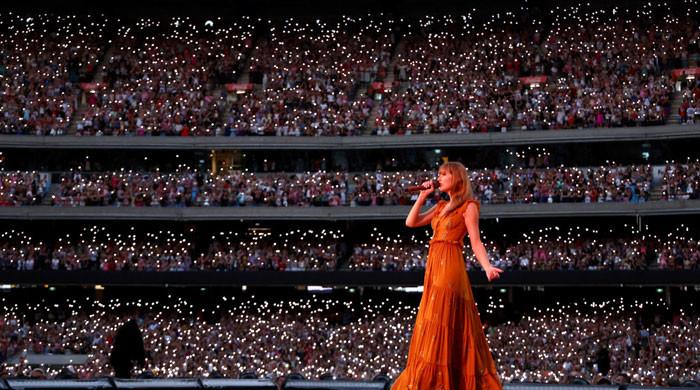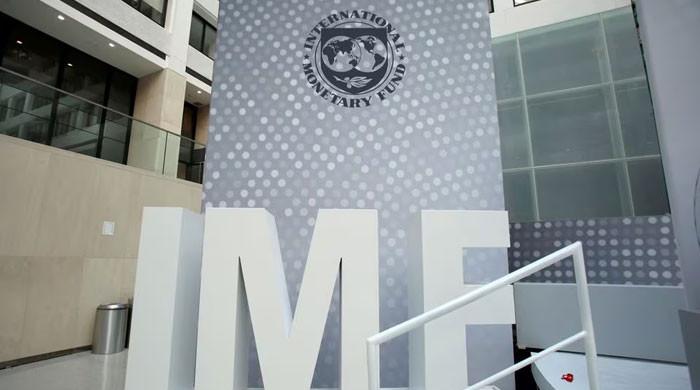Pakistan has the potential to become a top 20 economy by 2047 and this is only possible through collaborative governance.
In a modern nation-state, the state establishment (civil-military bureaucracies and the judiciary) are the protectors of the stability of the system. Their incentives are designed to maintain stability and minimize chaos in the system: they are the “steel structure” of the State.
Ironically, our establishment (particularly the military judicial establishments) had in the past been facilitating instability in the system through its decisions. An example is the way the military judicial establishments soared and facilitated the rise of the PTI in the last decade and brought the party to power in 2018. They created a cult leader (Imran Khan), with no prior experience in governance, someone whose The only agenda is to promote hate politics and promote instability and chaos. This mistake by military judicial institutions has cost Pakistan a lot.
Since 2014, Imran Khan has been propped up to create instability and chaos in the system. For example, he attacked parliament and other civil institutions like Pakistan Television. The anticlimax of the PTI's chaotic politics was the May 9, 2023 attacks on key pillars of Pakistan's national security.
Understanding why Imran Khan has adopted a policy of chaos and instability is simple. In a developing country like Pakistan, if the governance and economic systems are not fully delivering for an overwhelming majority of the people, the politics of hate, chaos and instability tend to easily attract the people and divert their attention from the real issues. performance. Furthermore, upon assuming control of the government with the support of the military judicial establishments of the time, Khan realized that governance and development were not his strong points, and his party struggled to compete with the experienced PML-N in the delivery of public goods and development. . Given this realization, Imran Khan chose the unfortunate path of disrupting and hijacking the system.
Fearing his shortcomings, Khan desired absolute power so that he could silence all his critics and political opponents. Unfortunately, he was largely successful in this endeavor during 2018-2022. He imprisoned all senior opposition leaders, silenced the media and turned the bureaucracy into a game of musical chairs with stalls. The Supreme Court turned a blind eye to his totally unconstitutional acts. After a successful no-confidence motion against him in parliament, instead of accepting the verdict, Khan once again opted for a path of chaos and instability. He risked Pakistan's national security, including the country's foreign relations, for his selfish desire and narcissism.
In the process, the people of Pakistan have suffered the most as their fundamental issues, such as access to public goods and employment, have become secondary in political and media debates. This has to change; The people of Pakistan are the main stakeholders in the country and issues related to their socio-economic well-being should take center stage in politics and the media. This will only be possible when we can ensure socio-political and state stability in Pakistan.
In 2047, Pakistan, along with its neighbor, will celebrate its centenary. If business as usual (the path of instability) continues, we will likely remain a low-income country. Two of our neighbors (China and India) will be among the leading economies and nations in 2047. We should aim to be among them by 2047. The next twenty-five years are the most critical for us. The outcome of the February 8 election will lay the foundation for our path to our 100th Independence Day. Will the people's verdict put the country on a path of internal conflict and chaos or on a path of stability, reforms and policy continuity?
If we look at China's rise, we will discover that it is based on Guanzi's ideas of prioritizing stability over everything else. The ancient Chinese text 'Guanzi' has been the key factor in shaping Chinese socio-economic policies. It is rooted in the idea that economic progress is not possible without maintaining the stability of the system. In other words, instead of shock therapies or disruptions to the system, Guanzi advocates for “experimental gradualism”: constant reforms to the system.
In the case of Pakistan, the only political party that offers a socio-economic agenda inspired by Guanzi (experimental gradualism) is the PML-N. In the case of Pakistan, the only issue that continues to generate instability is the civil-military divide in the system. The PML-N offers a way to address this issue in light of Guanzi: we do not want to compromise the stability of the system to achieve our objectives; Instead, we want incremental progress: no institution, political party or individual can effectively govern Pakistan alone. Instead, we need collaborative governance and mutual respect between all key stakeholders to create positive synergy.
While it is evident that the establishment is a formidable actor, history has consistently shown that no institution, including the establishment, can wield absolute power in Pakistan. This is partly attributed to the vibrant and dynamic nature of political and civil society in Pakistan.
Furthermore, we recognize the geostrategic and security requirements of Pakistan and therefore recognize the important role of the establishment. For most of our history, politicians and military judicial establishments have been stagnant.
Prima facie, it appears that this is changing now. The military has publicly stated that it wants to disassociate itself completely from any involvement in politics, and the judiciary has recognized the role of parliament in its recent decisions. It is high time that all pillars of the State start anew based on mutual respect and harmony instead of denying each other.
During the tenure of the PML-N government from 2013 to 2018, we provided unwavering support to the establishment on all major national and security issues of the country. Similarly, despite our serious reservations about the establishment's role in the 2018 elections, we have provided full support to the establishment on key national security issues. We could have chosen chaos and instability, but instead we sacrificed our political interests to promote the socio-economic and political stability of the system.
Pakistan has the potential to become a top 20 economy by 2047 and this is only possible through collaborative governance. We will work with all key players in the system and drive the system towards its optimal and constitutional balance with a Guanzi approach. Similarly, we will address the concerns of small provinces and bring ethnic minorities into the mainstream through collaborative governance. We will promote a culture of pluralism in Pakistan where we celebrate our diversity and differences. Instead of seeing diversity as divisive, we see it as our strength as a nation.
At the social level, we will promote scientific research and technological advancement at all levels. We have a large number of young people who need to be empowered with scientific knowledge and technology. The Fourth Industrial Revolution is drastically transforming the world's economic and social landscape. We will invest in our human resources to make them relevant in the new era of innovation, creativity and competitiveness.
In short, in the upcoming elections, two contrasting visions compete for Pakistan's future. One imagines fomenting chaos and instability, championed by Imran Khan and his cult following. The alternative vision promotes a progressive, inclusive and stable Pakistan championed by the PML-N. How we choose in 2024 will have a lasting impact on our future.
The writer is the former Minister of Planning, Development and Special Initiatives. He tweets/posts @betterpakistan and can be reached at: [email protected]
Disclaimer: The views expressed in this article are those of the writer and do not necessarily reflect the editorial policy of Geo.tv.












